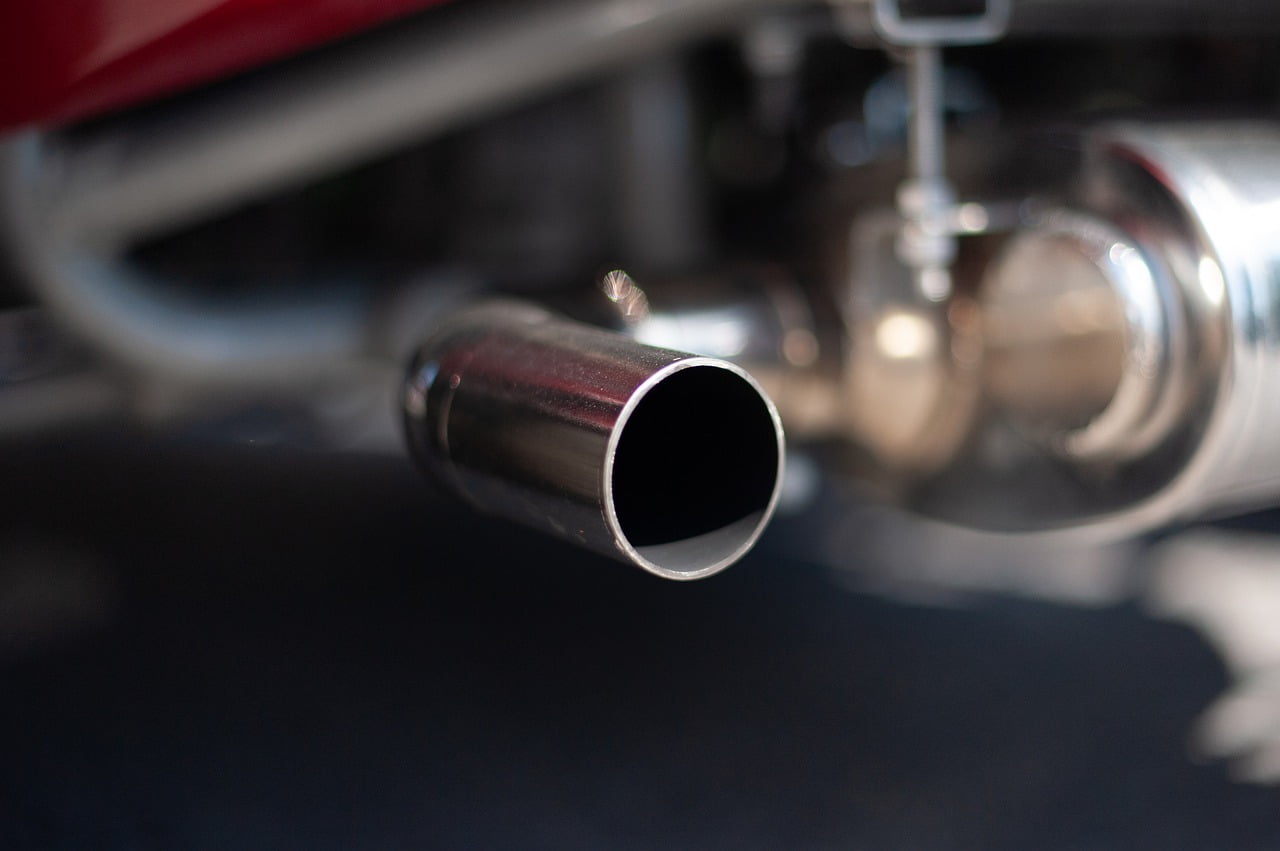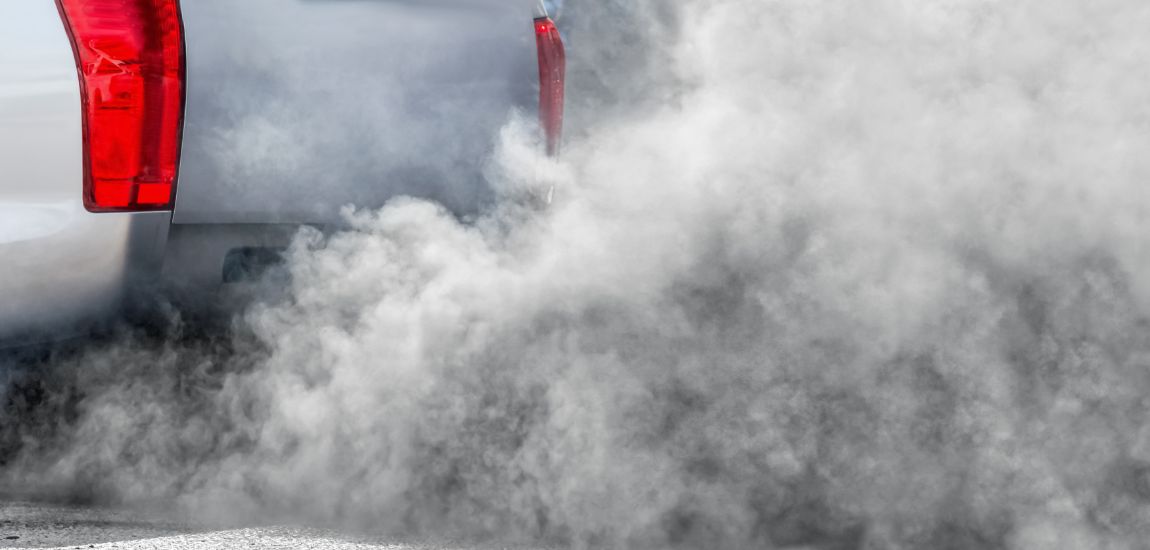All vehicle owners in Colorado must understand and abide by the state’s emissions requirements. Failure to do so can lead to fines and other penalties. In most cases, it’s relatively easy for a driver to bring their vehicle into compliance with the latest emissions standards in Colorado. If you need assistance with a vehicle emissions problem, contact Denver car accident lawyer for advice. If you drive in Colorado, take time to review the state’s emissions requirements to ensure your vehicle complies. If it is not, you’ll need to arrange service for your vehicle or purchase a new vehicle.

The current emissions inspection program in Colorado began in 1995 and has undergone several changes over the past few years to account for different types of vehicles. No matter what type of vehicle you drive in Colorado, you must ensure your vehicle complies with all applicable emissions standards. If you schedule an emissions test for your vehicle and it does not pass, you are responsible for any repairs the vehicle needs to pass emissions standards. You cannot renew your vehicle’s registration until you arrange these repairs. You should check your auto insurance policy, as your coverage may include some amount for emissions repairs.
What Vehicles Require Emissions Testing?
A vehicle emissions test is necessary for the registration of most vehicles in Colorado. The owner of the vehicle must arrange for an emissions test when they renew the vehicle’s registration, and Colorado applies similar standards to most types of vehicles in the state. The state does enforce separate standards for gasoline and diesel engines. Whenever someone buys a vehicle in Colorado, the seller must provide proof of a recent emissions test that was not previously used to register the vehicle or renew its registration. Hybrid vehicles must also complete emissions testing if they are eight years old or older.
Vehicles with a model year of 1981 or newer must undergo emissions testing once every two years. The vehicle owner can arrange an emissions test at an Air Care Colorado testing site. If a vehicle has a model year prior to 1981, the vehicle owner must arrange an emissions test every year. There are some exceptions to Colorado’s emissions testing requirements, but these exceptions generally only apply to vehicles that qualify as collector’s items.
Most Common Ways for Cars to Fail Emissions Testing in Colorado
It’s possible for a vehicle to fail emissions testing for many reasons. Some of the most commonly cited causes of testing failure in the state include:
- Check engine light. If this light comes on during your vehicle’s testing, it will result in an immediate failure, but it is possible for this light to report a host of problems. Some of these issues could be very easy and inexpensive to fix, while others indicate more serious problems with your engine. The mechanic will read error codes from your vehicle’s computer to determine why the check engine light has come on.
- Leaking gas cap. Seals on gas caps may deteriorate over time, and this is one of the least expensive things to fix to get your vehicle to pass inspection. It is even possible for the vehicle to report a leaking gas cap simply because it was not completely screwed on the last time the gas tank was filled.
- Catalytic converter failure. A catalytic converter transforms carbon monoxide into carbon dioxide, and this chemical conversion cannot occur if the catalytic converter fails. This component will need to be repaired or replaced so the vehicle can pass inspection.
- Dirty air filter. Sometimes, an emissions failure can happen for the simple reason that the air filter has become dirty and clogged. These are relatively inexpensive to replace.
- Worn spark plugs. Old spark plugs can cause misfires and often lead to the check engine light illuminating your vehicle’s dashboard. This is another relatively inexpensive problem to fix so your vehicle can pass inspection.
- Evaporative Emission Control System (EVAP) defects. Your vehicle’s EVAP system consists of multiple components connected by tubes and hoses, and even a small leak can prevent the system from working correctly. This issue can be difficult to fix because it can take time to pinpoint the exact location of a leak.
- Rich fuel mixture. If your vehicle is pumping an air-rich fuel mixture into the engine, it can cause the engine to burn more fuel than is required, diminishing your fuel efficiency and causing much dirtier exhaust. A rotten egg smell is a telltale sign of this issue, and fixing the problem can not only help you pass inspection but also improve your gas mileage.
- Exhaust system failure. Your car will not only overheat if your exhaust manifold is leaking, but it will also prevent the vehicle from processing exhaust correctly. Depending on the severity of the problem with your vehicle’s exhaust system, it could be an expensive issue to fix.
- Faulty sensors. If any of the various sensors fail in your vehicle, it can essentially amount to a false positive, indicating a serious problem. Replacing sensors is usually a low-cost issue for helping your vehicle pass emissions inspection.
- Dirty oil. Sometimes, all a vehicle will need to pass emissions testing is an oil change. If oil becomes dirty or stays in the vehicle for too long, the filter can become excessively dirty, and the engine will not process the oil correctly, resulting in a test failure.
These are just a few possible ways for your vehicle to fail an emissions test. Many drivers are able to repair these issues in a relatively short time, and it is vital to pay for required repairs so you do not face penalties or additional expenses later.
Penalties for Failing Emissions Testing or Refusing an Emissions Test in Colorado
You cannot renew your vehicle’s registration without a passing emissions test. If your vehicle fails an emissions inspection, you must pay for any necessary repairs to bring it up to code. If you own a gasoline-powered vehicle that requires more than $715 in repairs to bring it within emissions compliance standards, you may qualify for a repair waiver that’s valid for one emissions testing period. Light-duty diesel-powered vehicles can qualify for waivers with $750 or more in necessary repairs, and heavy-duty diesel-powered vehicles can qualify with $1,500 or more in necessary repairs. A waiver allows the vehicle to be registered without complying with emissions standards.
When your vehicle’s registration expires, there is a 30-day grace period in which you must arrange an emissions test. If it takes you longer than 30 days, you face a $25 penalty for each month up to a maximum of $100. You’ll need to pay this penalty once your vehicle passes an emissions test and qualifies for registration renewal. While this may seem like a light penalty, you can be ticketed by police for driving with an expired registration. Scheduling emissions testing may seem like an unnecessary bother, but your emissions tests could potentially reveal auto defects or other issues that could potentially cause an accident. Meeting your emissions testing requirements not only helps to preserve Colorado’s air quality but can also potentially prevent an accident.
FAQs on Colorado Vehicle Emissions Requirements
What Year Vehicles Are Exempt from Emissions Testing in Colorado?
Vehicles from the model year 1975 and earlier are exempt from emissions testing requirements and mileage restrictions. However, the vehicle’s owner must register the vehicle as a collector’s item. If a vehicle has a model year of 1975 or earlier and has not been registered as a collector’s item, the vehicle’s owner must arrange for an annual emissions test.
What Vehicles Are Exempt from Emissions Testing in Colorado?
Colorado currently does not require emissions testing for vehicles from the model years of 2017 through 2022. Vehicles of the model year 2016 require emissions testing if there is any transfer of ownership. Additionally, all-electric vehicles and street rods are exempt from emissions testing in Colorado. Other exempt vehicles include model year 1976 or newer that were registered as collector’s items prior to September 1, 2019.
Do All Colorado Cars Need Emissions Testing?
If you are unsure whether your vehicle requires emissions testing in Colorado, you can contact your local Division of Motor Vehicles (DMV) office. Your vehicle registration form will also likely include a notice that emissions testing is required for renewal. Vehicles from model years 1976 to 1990 that do not have collector plates also require emissions testing. Model years 1976 to 1981 require annual testing, and model years 1982 to 1990 require testing every two years.
When Does a New Vehicle Need its First Emissions Test?
Colorado’s emissions testing requirements extend to the first eight years of a vehicle’s operating life after manufacturing. Currently, model years 2017 to 2022 are exempt from emissions testing, but model years 2016 require emissions testing before a transfer of ownership. Typically, if you are selling a vehicle in Colorado, you must provide proof of a passed emissions test to the buyer. The emissions test must not have already been used to register the vehicle or renew its registration.
Learn More From the Law Firm of Jeremy Rosenthal
It’s natural to have questions about your emissions testing requirements in Colorado. The Colorado DMV can provide useful guidance to ensure your vehicle complies with applicable emissions testing standards. If your vehicle requires repairs that you cannot afford, you can potentially qualify for a waiver that will allow you to continue driving. If you have been injured in an accident and believe your vehicle requires extensive repairs, including those necessary for passing emissions testing, the driver who caused the accident is likely responsible for these costs. Contact the Law Firm of Jeremy Rosenthal today and schedule a consultation if you need legal advice following a car accident in Colorado.

